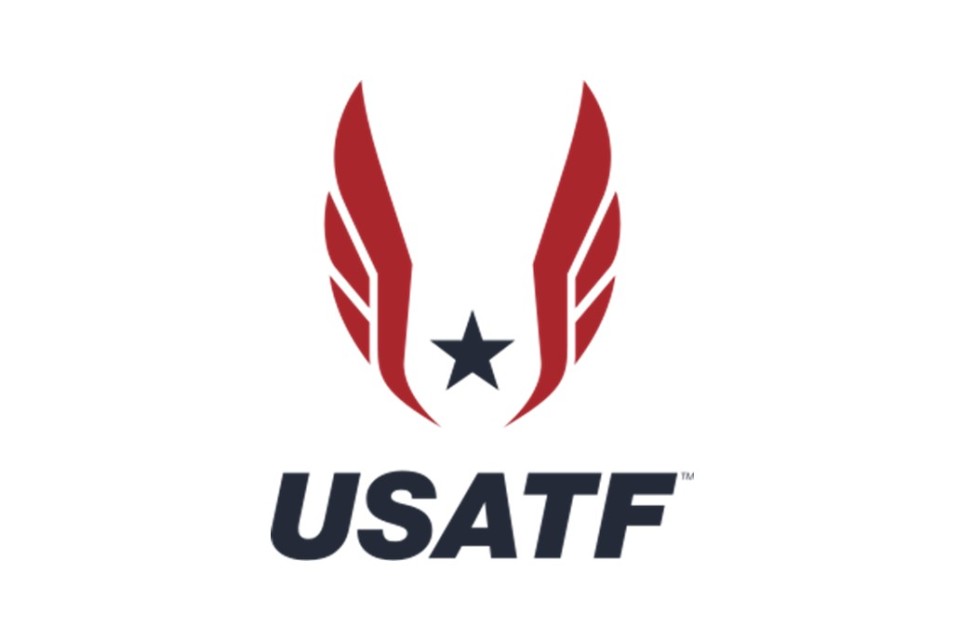Wed, August 27, 2025
Serena Williams latest sportsperson to promote GLP-1 weight loss medication, fuelling criticism

23-time Grand Slam tennis champion Serena Williams is controversially the latest sportsperson to promote GLP-1 weight loss medication, which includes Ozempic. She is facing scrutiny for possibly encouraging toxic beauty standards, discouraging healthy habits, and for affiliating herself with drugs that the World Anti-Doping Agency (WADA) added to its monitored substances list.
Williams retried in 2022 and is now a celebrity patient-ambassador for a company selling weight-loss medication. Williams lost 14kg after giving birth by taking GLP-1s over an eight-month period. These drugs treat diabetes and obesity. Examples include: Ozempic, Mounjaro and Wegovy.
Williams adamantly stated that she tried everything before taking a “shortcut.”
“As an athlete and as someone that has done everything, I just couldn’t get my weight to where I needed to be at a healthy place, and believe me I don’t take shortcuts. I do everything but shortcuts,” Serena stated in an interview on NBC show Today.
Serena also discussed a history of diabetes within her family and the need to relieve pressure on her knees.
“Serena knows people may be surprised to learn that she would use a GLP-1, and that’s exactly why we think she is the perfect person to share her story,” a spokesperson for Ro, the U.S. telehealth company which Serena is an ambassador for, told Reuters.
Bryan Armen Graham stated in The Guardian that this was “not a spontaneous embargo,” but “a coordinated media blitz pegged to the US Open.”
A similar sentiment was reported by The Irish Times, “even in Canada, where there are restrictions governing the advertising of prescription drugs, tennis fans around the world would have been struck by the prominent appearance of Ozempic at the Canadian Open earlier this month. The name of the semaglutide injection, as one of the sponsors of the event, was visible behind female players as they served…
It was curious to spot “Ozempic” emblazoned courtside, in a professional sporting environment, as WADA added GLP-1s to its monitored substances list and is expected to rule in 2026 on whether it will permit athletes to use them.”
Graham also stated that Williams’ “embrace of GLP-1 drugs feels like capitulation to ideals she once rejected.” During her extensive career, she faced scrutiny for her curves and muscular build, but some believe she is now giving in to toxic beauty standards and discouraging people from building more natural habits surrounding healthy eating, exercise and sleep. People also worry this partnership will lead to the drugs being increasingly overprescribed. Between 8% and 10% of Americans are now taking GLP-1s, according to PricewaterhouseCoopers.
Williams is also being criticised for promoting such drugs so confidently considering she almost died twice, firstly from a pulmonary embolism, and secondly from a traumatic C-section recovery – experiences that exposed the structural failures of American healthcare. It has been raised that such weight loss medication can skip over side-effect disclosures and promote malnourishment.
Concerns have been raised about the message Serena Williams may be conveying through this collaboration, particularly regarding its potential implications for perceptions of integrity in sport, given her association with a drug currently on the WADA monitoring list, even though she is retired. Some industry observers argue that companies often seek to align with high-profile athletes to enhance the visibility and acceptance of GLP-1 medications. They suggest this strategy could contribute to the growing mainstream use of such drugs, despite ongoing debates about their long-term impact.
Image courtesy of Wikimedia Commons, licensed for free use. For full license details, please see here.



